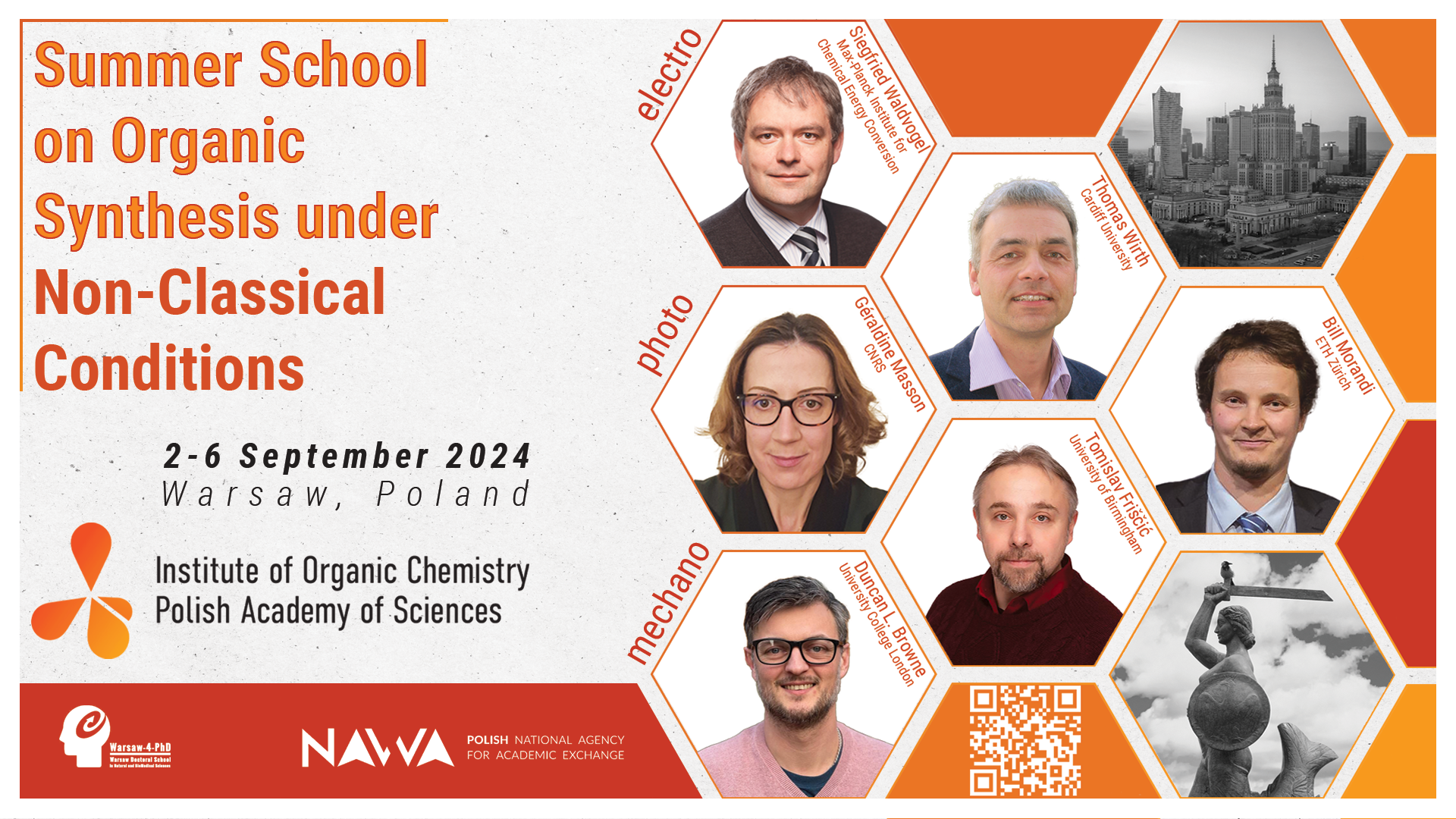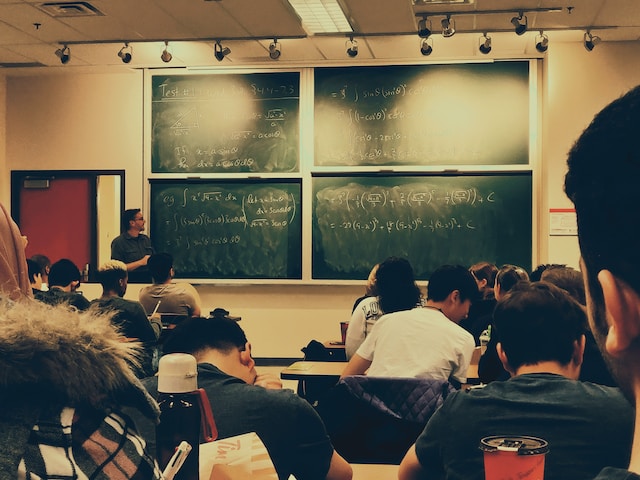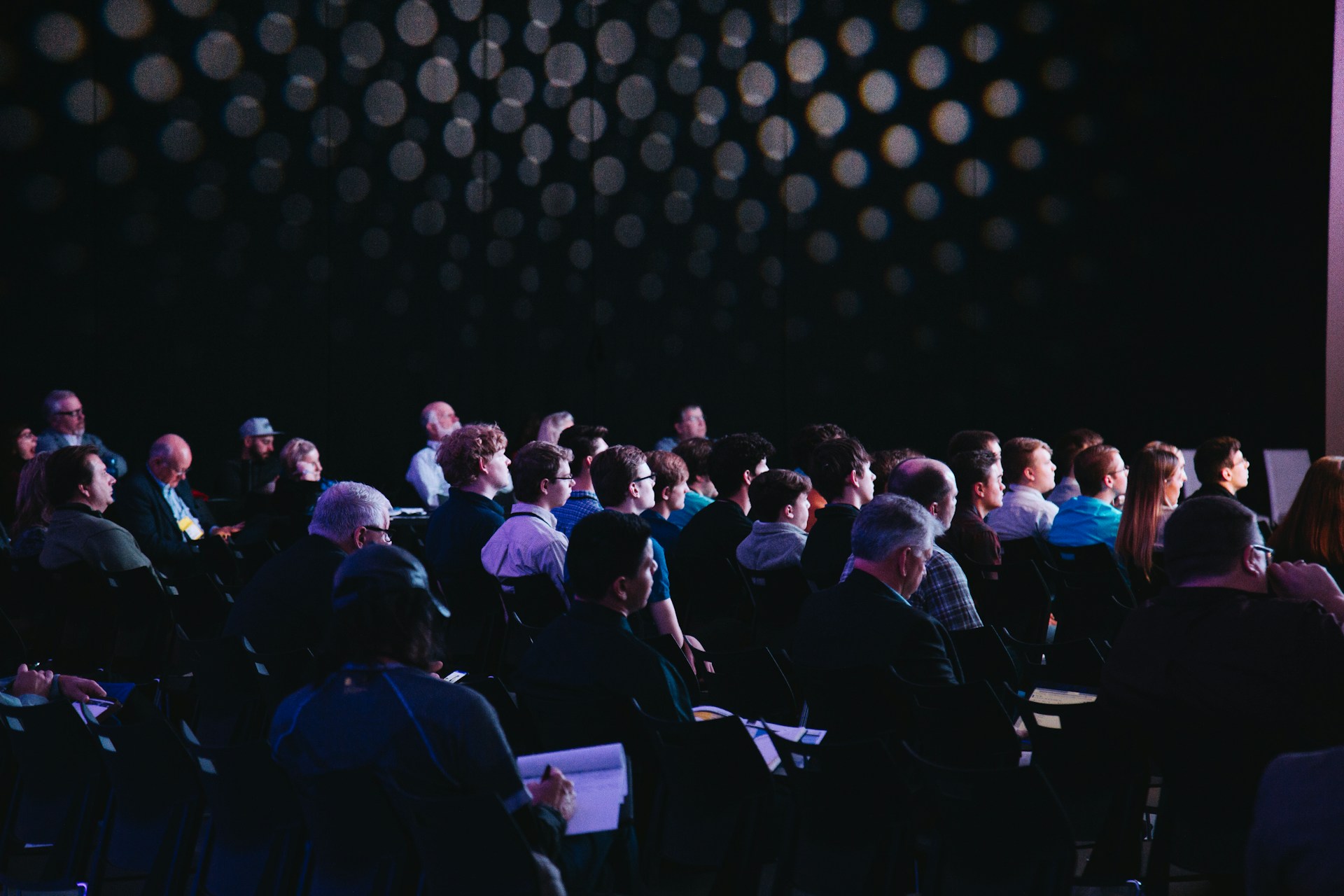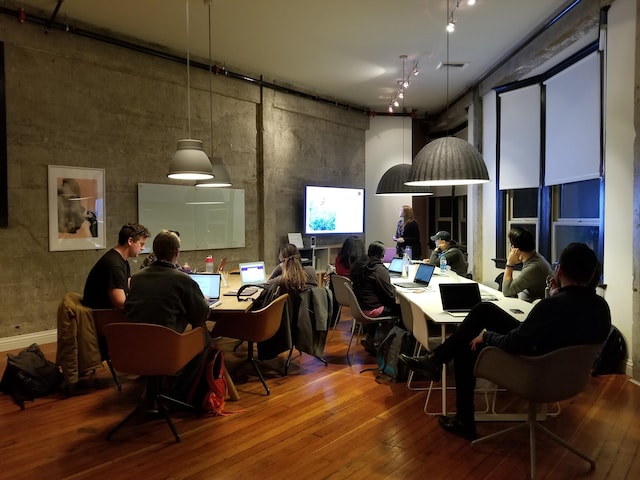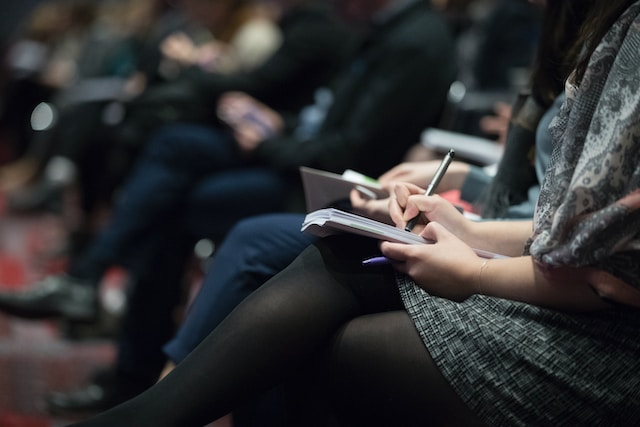SPOTLIGHT TALK – 08/05/2024
The Warsaw Doctoral School in Natural and Biomedical Sciences and the Institute of High Pressure Physics PAS cordially invites you to a SPOTLIGHT TALK.
The talk is given by Prof. Eugen Rabkin (Department of Materials Science and Engineering, Technion – Israel Institute of Technology, 3200003 Haifa, Israel).
When and where?
8th May 2024 2024, 12:30 pm
at the IHPP PAS New Technologies Building, Al. Prymasa Tysiąclecia 98 Duration: 60 min + more
Abstract
We studied the uniaxial compression behavior of micro- and nanoparticles of several elemental metals (Au, Ni, Ag, Mo, Pt) and alloys (Ni-Co, Ni-Fe, Au-Ag, Cu-Au). The particles were obtained by solid state dewetting of thin metal films and bi-layers deposited on sapphire substrates. The high homological temperatures employed in dewetting process ensure the low concentration of dislocations and their sources in the particles. The particles compressed with a flat diamond punch exhibit purely elastic behavior up to very high values of strain approaching 10%, followed by a catastrophic plastic collapse. The uniaxial yield strength of the particles defined as an engineering stress at the point of catastrophic collapse reached the astonishing values of 34, 41 and 46 GPa for the smallest faceted particles of Ni, disordered Cu3Au, and Mo, respectively. The atomistic molecular dynamic simulations of the particle compression demonstrated that the catastrophic plastic yielding of the particles is associated with the multiple nucleation of dislocations at the facet corners or inside the particles. The latter, homogeneous nucleation mode resulted in higher particle strength. The size effect in compression was observed both in the experiments and in atomistic simulations, with smaller particles exhibiting higher compressive strength. We discussed the stronger size effect observed in the experiment (as compared with simulations) in terms of the effect of residual defects trapped in the particles. Finally, we produced Au-Ag core-shell nanoparticles by coating the single crystalline Ag nanoparticles with a polycrystalline Au shell. The core-shell nanoparticles exhibited much lower strength than their single crystalline pure Ag counterparts. We related this decrease in strength with the active role of grain- and interphase boundaries in the polycrystalline Au shell in decreasing the energy barrier for dislocations nucleation.




